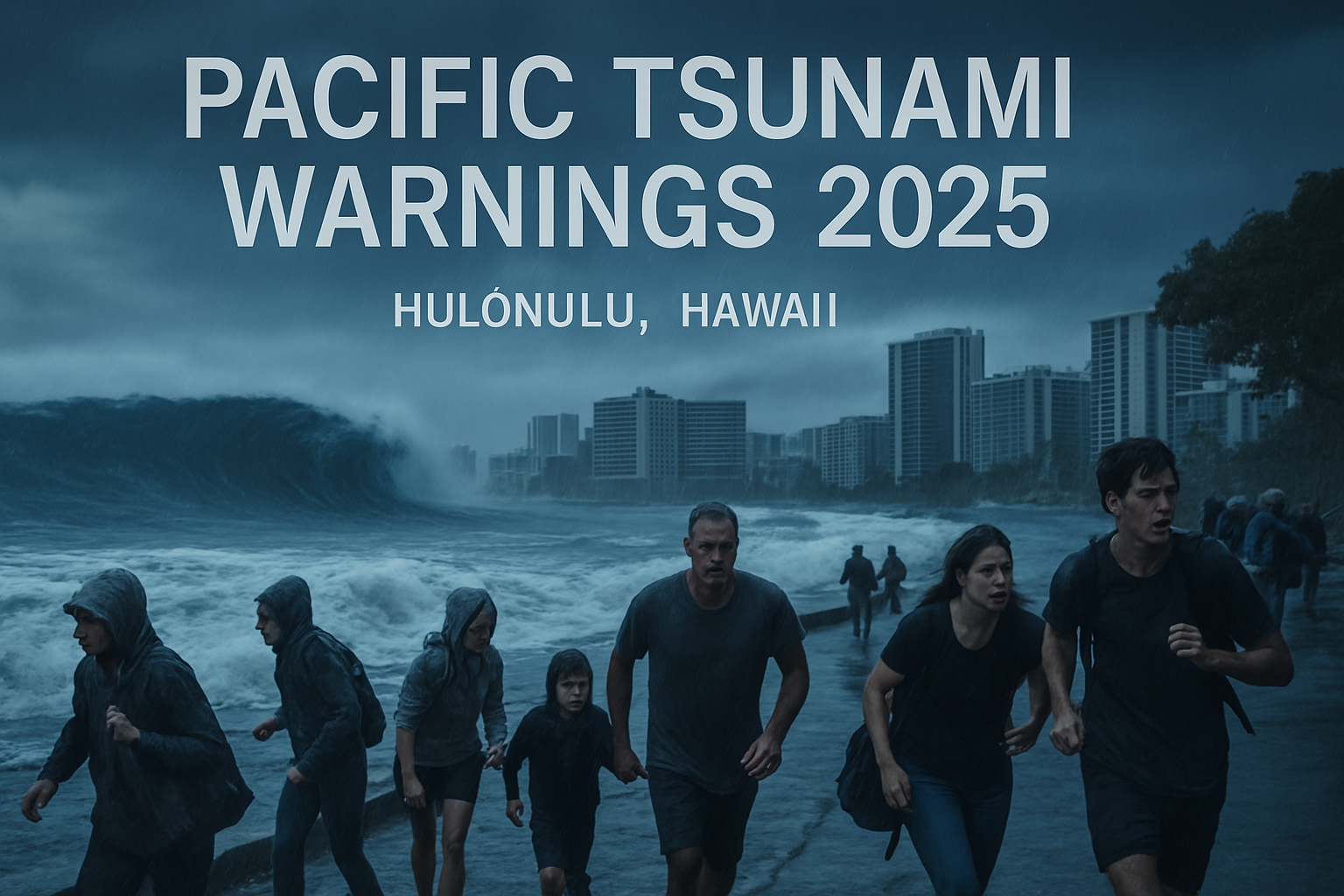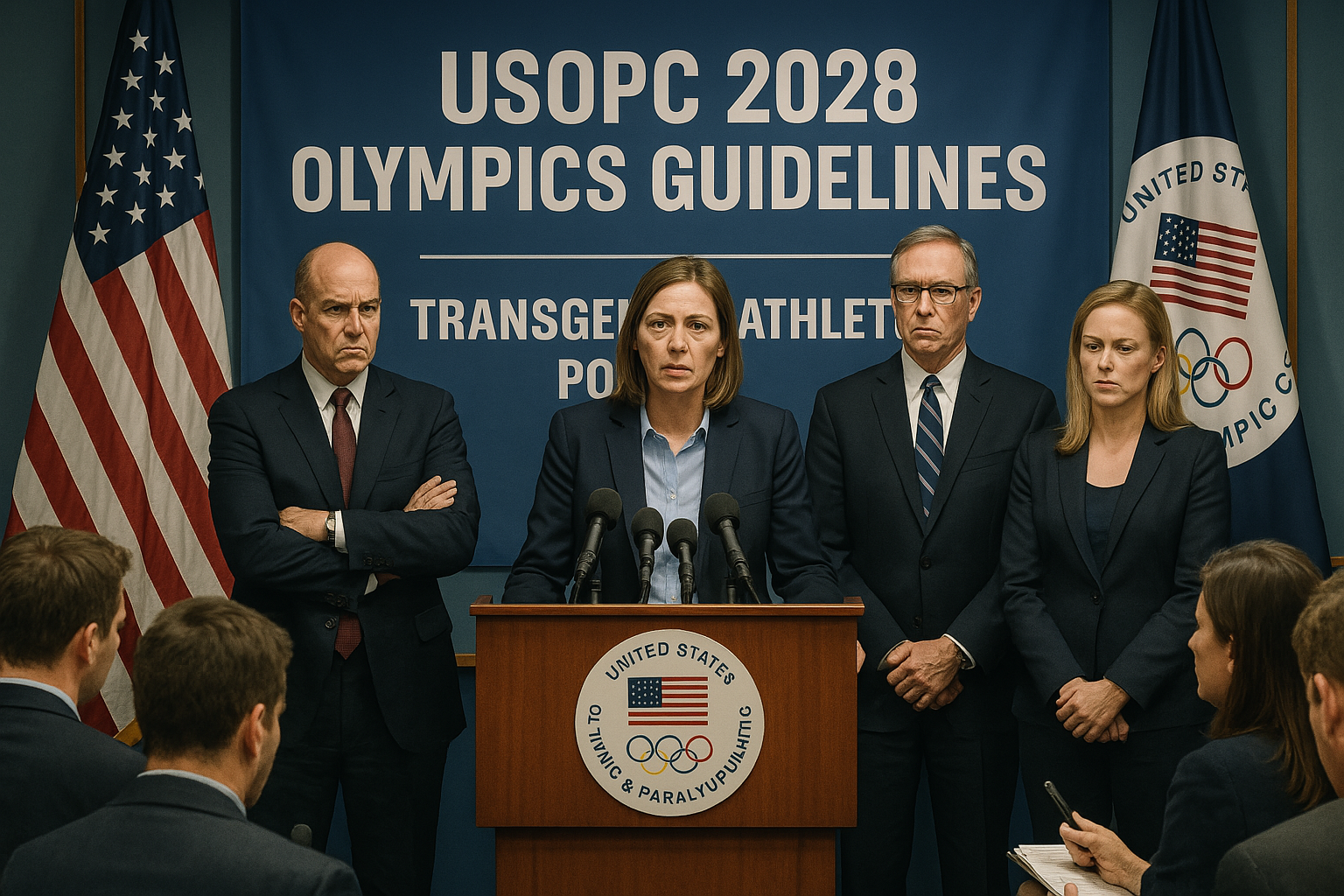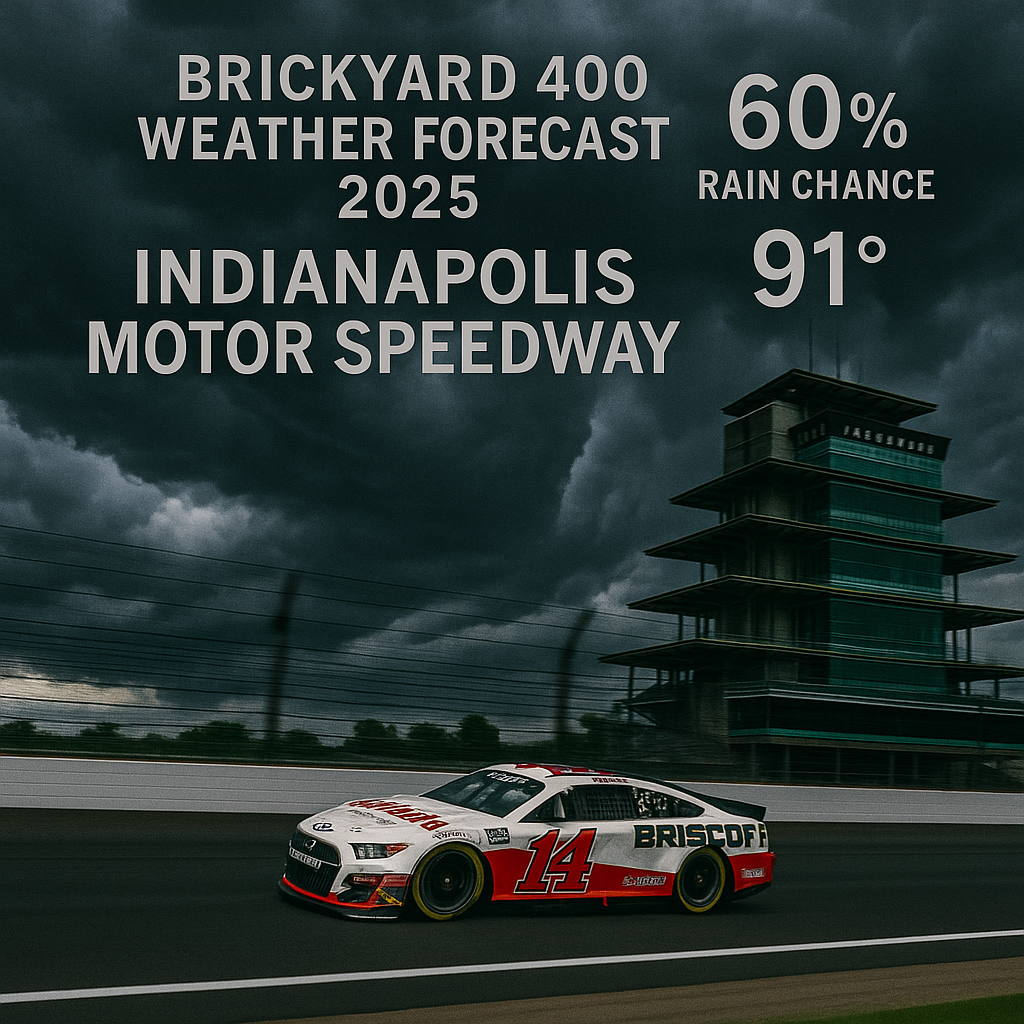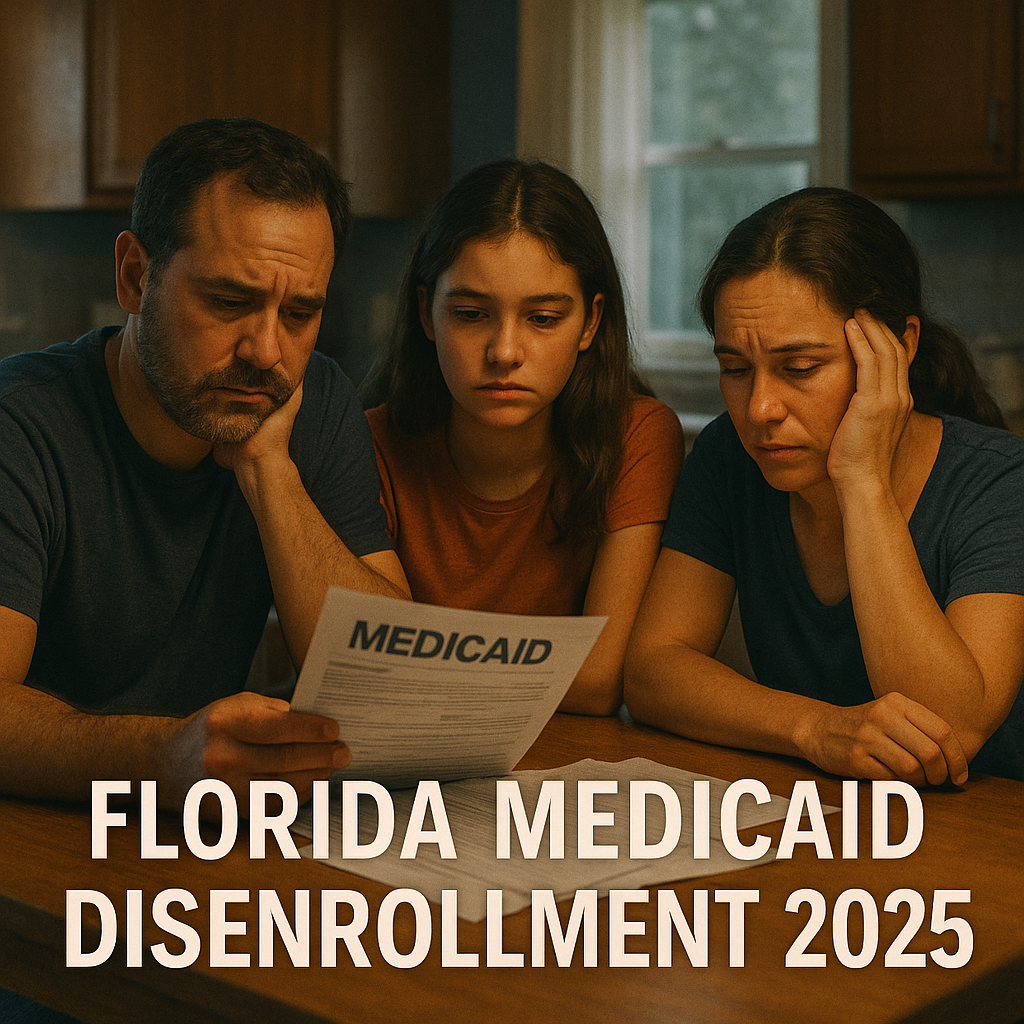Parenting Challenges in New York City 2025: Raising Kids in the Urban Jungle
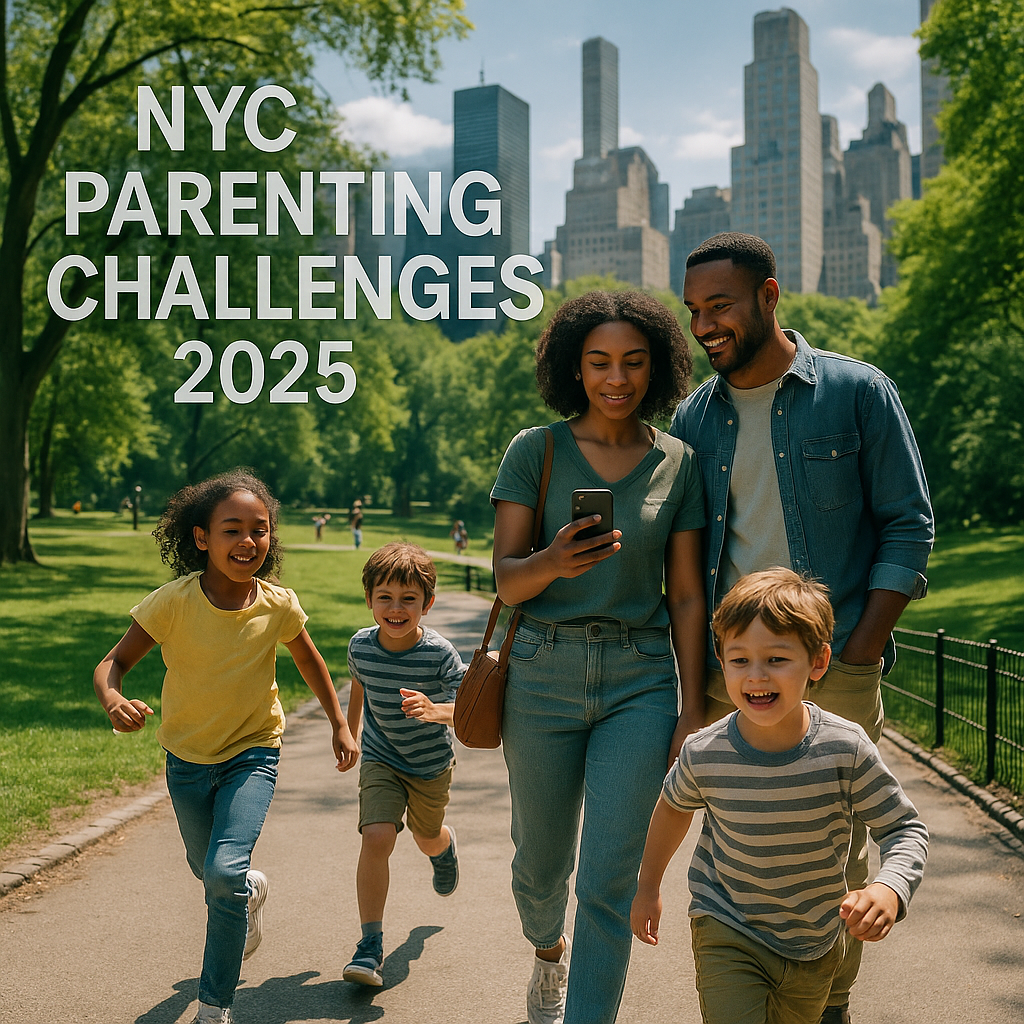
Parenting in New York City is a thrilling yet daunting adventure, where the energy of the urban jungle meets the complexities of raising children in 2025. From sky-high childcare costs to navigating digital dangers, parents face a landscape of challenges that blend the city’s unique opportunities with unprecedented pressures. The parenting challenges in New York City 2025, as highlighted by sources like The New York Times and New York Family, include soaring living expenses, mental health concerns, safety fears rooted in historical events like the 1979 Etan Patz disappearance, and the digital overload of social media and AI. Yet, NYC offers unparalleled resources—world-class museums, diverse communities, and support networks—that make it a vibrant place to raise kids. This article explores the key hurdles NYC parents face, offers practical solutions, and celebrates the resilience of urban families.
The High Cost of Urban Parenting
New York City’s cost of living is among the highest in the U.S., with 2025 data showing a family of four needs $120,000–$150,000 annually to live comfortably, per SmartAsset. Childcare is a major burden, with full-time daycare averaging $24,000–$36,000 per year in Manhattan, per New York Family. For low-income families, particularly in the Bronx (35% child poverty rate) or Syracuse (46%), accessing affordable childcare is even tougher, per the Schuyler Center’s 2024 report. Programs like HOPELINE in the Bronx, offering free diapers and SNAP assistance, provide relief, but eligibility restrictions exclude some immigrant families using ITINs, per cap4kids.org.
Solution: Leverage city resources like the NYC Department of Youth and Community Development’s (DYCD) Healthy Families program, which offers case management for low-income families, or the Empire State Child Credit, though its phase-in structure limits benefits for the poorest households. Parents can also explore subsidized childcare through NY Connects or apply for Room to Grow’s support for newborns, which provides free supplies and parenting classes.
Mental Health Pressures on Parents and Kids
The mental health crisis is a growing concern, with a 2016–2023 JAMA study noting a steep decline in maternal mental health nationwide, exacerbated in NYC by urban stressors like noise, crowding, and academic pressure. Dr. Vivek Murthy, former U.S. Surgeon General, highlights “new stressors” like social media, with teens spending up to nine hours daily on screens, per Common Sense Media. NYC children face intense peer comparison on platforms like TikTok, contributing to anxiety and depression, per Informed Families. Parents, meanwhile, grapple with their own stress, with 62% of NYC mothers reporting burnout in a 2024 Mommy Poppins survey.
Solution: Create open dialogue at home, as Informed Families suggests, using apps like Bark to monitor online activity without stifling independence. Support groups like The Moms Groups, with 23 Manhattan locations, or NYC Dads Group offer safe spaces for parents to share struggles, costing $200 for six sessions or free/low-cost for dads’ events. The National Parent Helpline provides multilingual support for emotional crises, accessible at nationalparenthelpline.org.
Safety Fears and the Legacy of Etan Patz
The 1979 disappearance of 6-year-old Etan Patz in SoHo reshaped NYC parenting, fostering a culture of vigilance, per The New York Times. Parents like Vanessa Wyeth, now 52, recall childhood fears that influence their “careful mix of independence and surveillance” for their teens, using apps like Life360 to track locations. While stranger abductions remain rare—fewer than 1% of the 30,000 annual juvenile missing cases involve strangers, per the National Crime Information Center—NYC’s dense urban environment amplifies safety concerns at playgrounds like Pier 51, where parents hover closely.
Solution: Balance supervision with autonomy using “free-range parenting” principles, as advocated by Lenore Skenazy in Free-Range Kids. Encourage kids to explore safe spaces like Bryant Park’s carousel or Socrates Sculpture Garden’s family events, listed in Mommy Poppins. Enroll in NYC’s Fatherhood Initiative for fathers to learn engagement strategies, fostering secure family bonds.
Navigating the Digital Landscape
In 2025, NYC kids are digital natives, with AI and social media shaping their world. AI-powered parenting apps analyze behavior and suggest activities, but screen time remains a challenge, with 237 daily notifications for teens, per Happy Families. Virtual reality (VR) and augmented reality (AR) offer learning opportunities, like Whyzz’s mobile field trip guides for NYC neighborhoods, but parents struggle to set boundaries, per The Intentional Parent Academy. Cyberbullying and online predators are real risks, with 20% of NYC teens reporting online harassment, per a 2024 NYC Department of Education survey.
Solution: Use AI tools like Gugu Guru for personalized activity recommendations and engage with kids about their online world, asking about TikTok trends or gaming, per Informed Families. Set screen-time limits using Apple’s Screen Time or Google Family Link, and join Bowery Babes for seminars on digital parenting in Lower Manhattan. The NYC Department of Education’s Parent University offers free courses on managing tech use.
School and Education Pressures
NYC’s competitive education landscape, with 1,800 schools and selective preschools, overwhelms parents, per Parents League of New York. The preschool admission process, costing $25–$50 per class, is complex, with 30% of Manhattan parents hiring consultants, per New York Family. Special needs families face additional hurdles, with only 15% of public schools fully accessible, per Parent to Parent of NYS. Homeschooling is rising, driven by concerns about bullying and academic standards, with 5% of NYC families opting out in 2025, per Happy Families.
Solution: Partner with Parents League for preschool navigation support or use Branching Minds to personalize interventions for struggling learners. For special needs, contact Parent to Parent of NYS for resources in Rochester or NYC’s Help Hub for disability services. Explore free DOE Special Education Family Resources for IEPs and 504 Plans.
Community and Support Networks
NYC’s diversity—150,000 new immigrants arrived between October 2022 and August 2023, including 30,000 children—enriches family life but strains resources, per the Schuyler Center. Single parents, blended families, and multigenerational households need tailored support, per The Intentional Parent Academy. Community groups like NYC-Parents in Action host events like Teen Scene 2025 to discuss teen burnout, fostering connection.
Solution: Join local groups like First-Time Upper West Side Moms (5,000+ members) or Brooklyn Farm Girl’s online community for parenting tips and gear swaps. Attend DYCD’s Fatherhood Initiative workshops or Growing Up NYC events for family activities. The NYS Parent Portal offers childcare locators and parenting plans to stabilize schedules.
Broader Implications
- Economic Disparities: Child poverty rates (18% statewide, 35% in the Bronx) highlight the need for equitable tax credits and childcare access, per Schuyler Center.
- Mental Health Crisis: Rising teen anxiety requires schools to integrate mental health support, with only 20% of NYC schools offering counselors, per DOE data.
- Cultural Shifts: Diverse family structures demand inclusive programs, with 25% of NYC households led by single parents, per 2024 Census data.
- Urban Advantage: NYC’s museums, parks, and events like the Macy’s Thanksgiving Day Parade offer unmatched enrichment, per New York Family.
Challenges Ahead
- Affordability: Rising costs may push families out,leverage city resources like the NYC Department of Youth and Community Development’s (DYCD) Healthy Families program, which offers case management for low-income families, or the Empire State Child Credit, though its phase-in structure limits benefits for the poorest households. Parents can also explore subsidized childcare through NY Connects or apply for Room to Grow’s support for newborns, which provides free supplies and parenting classes.
Mental Health Pressures on Parents and Kids
The mental health crisis is a growing concern, with a 2016–2023 JAMA study noting a steep decline in maternal mental health nationwide, exacerbated in NYC by urban stressors like noise, crowding, and academic pressure. Dr. Vivek Murthy, former U.S. Surgeon General, highlights “new stressors” like social media, with teens spending up to nine hours daily on screens, per Common Sense Media. NYC children face intense peer comparison on platforms like TikTok, contributing to anxiety and depression, per Informed Families. Parents, meanwhile, grapple with their own stress, with 62% of NYC mothers reporting burnout in a 2024 Mommy Poppins survey.
Solution: Create open dialogue at home, as Informed Families suggests, using apps like Bark to monitor online activity without stifling independence. Support groups like The Moms Groups, with 23 Manhattan locations, or NYC Dads Group offer safe spaces for parents to share struggles, costing $200 for six sessions or free/low-cost for dads’ events. The National Parent Helpline provides multilingual support for emotional crises, accessible at nationalparenthelpline.org.
Safety Fears and the Legacy of Etan Patz
The 1979 disappearance of 6-year-old Etan Patz in SoHo reshaped NYC parenting, fostering a culture of vigilance, per The New York Times. Parents like Vanessa Wyeth, now 52, recall childhood fears that influence their “careful mix of independence and surveillance” for their teens, using apps like Life360 to track locations. While stranger abductions remain rare—fewer than 1% of the 30,000 annual juvenile missing cases involve strangers, per the National Crime Information Center—NYC’s dense urban environment amplifies safety concerns at playgrounds like Pier 51, where parents hover closely.
Solution: Balance supervision with autonomy using “free-range parenting” principles, as advocated by Lenore Skenazy in Free-Range Kids. Encourage kids to explore safe spaces like Bryant Park’s carousel or Socrates Sculpture Garden’s family events, listed in Mommy Poppins. Enroll in NYC’s Fatherhood Initiative for fathers to learn engagement strategies, fostering secure family bonds.
Navigating the Digital Landscape
In 2025, NYC kids are digital natives, with AI and social media shaping their world. AI-powered parenting apps analyze behavior and suggest activities, but screen time remains a challenge, with 237 daily notifications for teens, per Happy Families. Virtual reality (VR) and augmented reality (AR) offer learning opportunities, like Whyzz’s mobile field trip guides for NYC neighborhoods, but parents struggle to set boundaries, per The Intentional Parent Academy. Cyberbullying and online predators are real risks, with 20% of NYC teens reporting online harassment, per a 2024 NYC Department of Education survey.
Solution: Use AI tools like Gugu Guru for personalized activity recommendations and engage with kids about their online world, asking about TikTok trends or gaming, per Informed Families. Set screen-time limits using Apple’s Screen Time or Google Family Link, and join Bowery Babes for seminars on digital parenting in Lower Manhattan. The NYC Department of Education’s Parent University offers free courses on managing tech use.
School and Education Pressures
NYC’s competitive education landscape, with 1,800 schools and selective preschools, overwhelms parents, per Parents League of New York. The preschool admission process, costing $25–$50 per class, is complex, with 30% of Manhattan parents hiring consultants, per New York Family. Special needs families face additional hurdles, with only 15% of public schools fully accessible, per Parent to Parent of NYS. Homeschooling is rising, driven by concerns about bullying and academic standards, with 5% of NYC families opting out in 2025, per Happy Families.
Solution: Partner with Parents League for preschool navigation support or use Branching Minds to personalize interventions for struggling learners. For special needs, contact Parent to Parent of NYS for resources in Rochester or NYC’s Help Hub for disability services. Explore free DOE Special Education Family Resources for IEPs and 504 Plans.
Community and Support Networks
NYC’s diversity—150,000 new immigrants arrived between October 2022 and August 2023, including 30,000 children—enriches family life but strains resources, per the Schuyler Center. Single parents, blended families, and multigenerational households need tailored support, per The Intentional Parent Academy. Community groups like NYC-Parents in Action host events like Teen Scene 2025 to discuss teen burnout, fostering connection.
Solution: Join local groups like First-Time Upper West Side Moms (5,000+ members) or Brooklyn Farm Girl’s online community for parenting tips and gear swaps. Attend DYCD’s Fatherhood Initiative workshops or Growing Up NYC events for family activities. The NYS Parent Portal offers childcare locators and parenting plans to stabilize schedules.
Broader Implications
- Economic Disparities: Child poverty rates (18% statewide, 35% in the Bronx) highlight the need for equitable tax credits and childcare access, per Schuyler Center.
- Mental Health Crisis: Rising teen anxiety requires schools to integrate mental health support, with only 20% of NYC schools offering counselors, per DOE data.
- Cultural Shifts: Diverse family structures demand inclusive programs, with 25% of NYC households led by single parents, per 2024 Census data.
- Urban Advantage: NYC’s museums, parks, and events like the Macy’s Thanksgiving Day Parade offer unmatched enrichment, per New York Family.
Challenges Ahead
- Affordability: Rising costs may push families out, with 10% of NYC parents considering relocation, per a 2024 New York Family survey.
- Mental Health Access: Limited counselors and stigma around therapy hinder support, with only 30% of teens seeking help, per NYC DOE.
- Digital Overload: Managing 237 daily notifications requires stricter policies, like Australia’s under-16 social media ban, per Happy Families.
- School Accessibility: Special needs families need better school infrastructure, with 85% of schools lacking full accessibility, per Parent to Parent.
Conclusion
The parenting challenges in New York City 2025—from high costs to digital pressures and safety fears—test the resilience of urban families. Yet, NYC’s resources, from community groups like Bowery Babes to programs like Room to Grow, empower parents to thrive. By leveraging support networks, setting digital boundaries, and tapping into the city’s cultural riches, parents can navigate these hurdles with confidence. How are you tackling NYC parenting challenges? Share your story below and explore the resources to make your family’s journey brighter.



